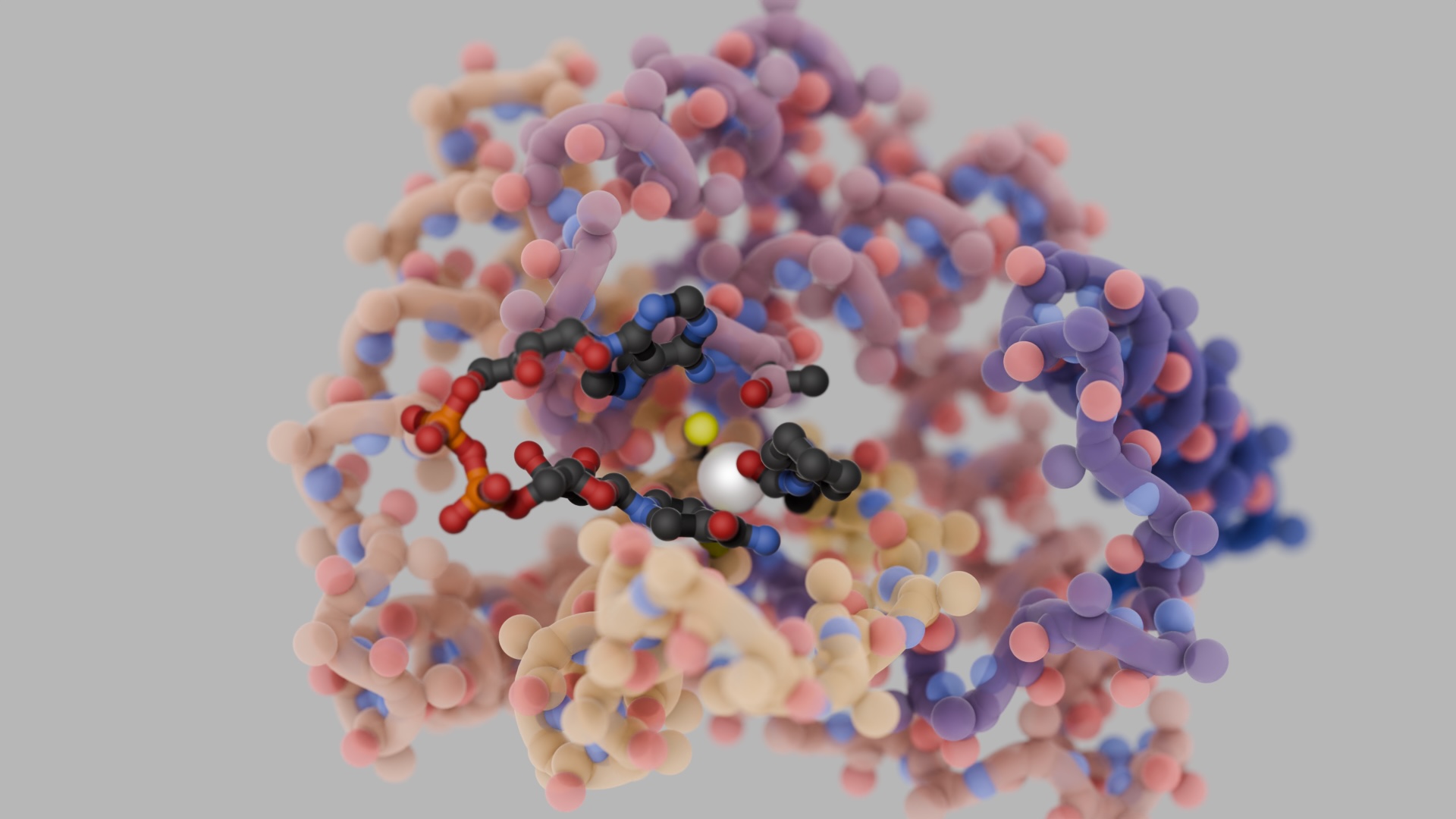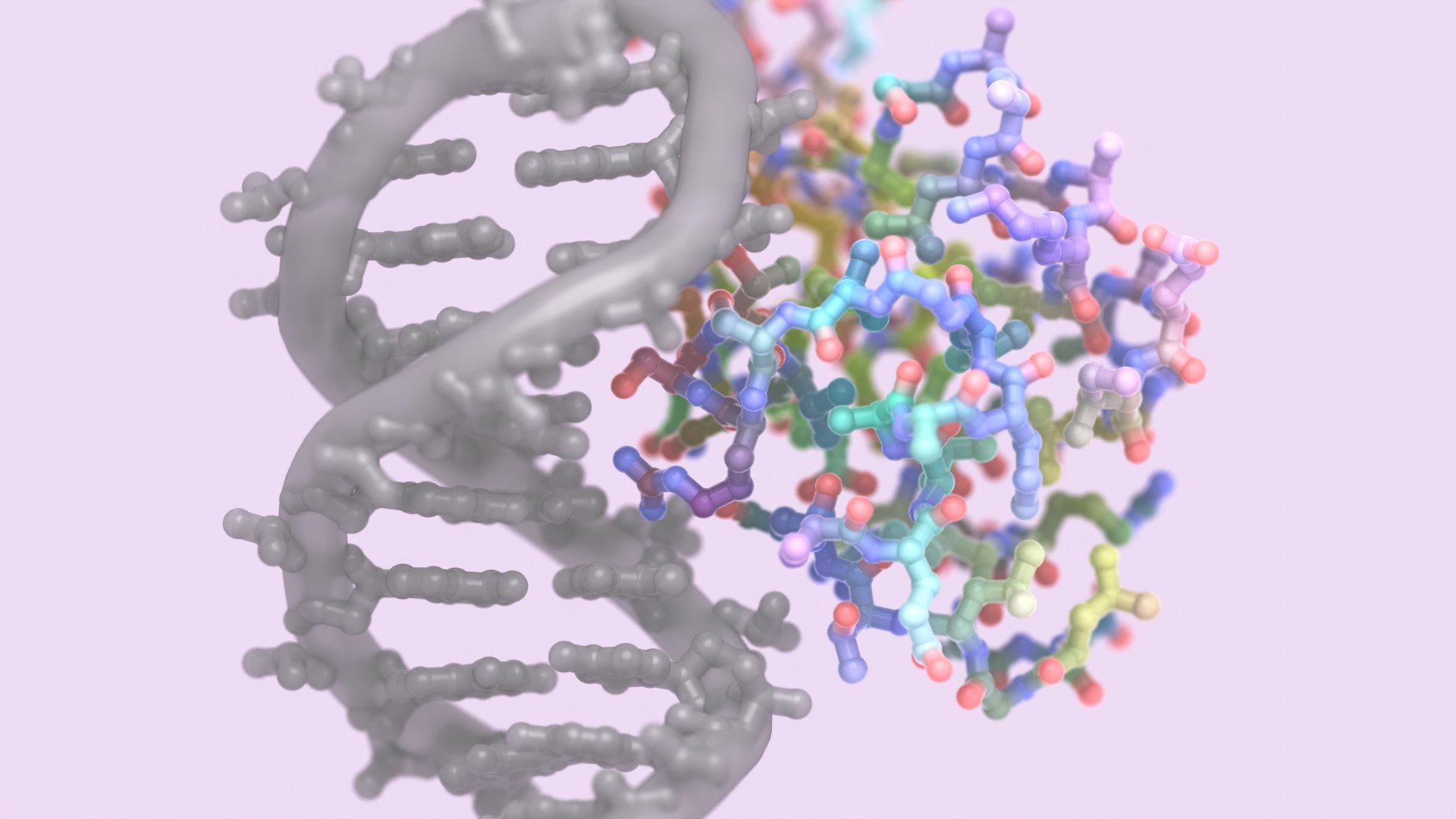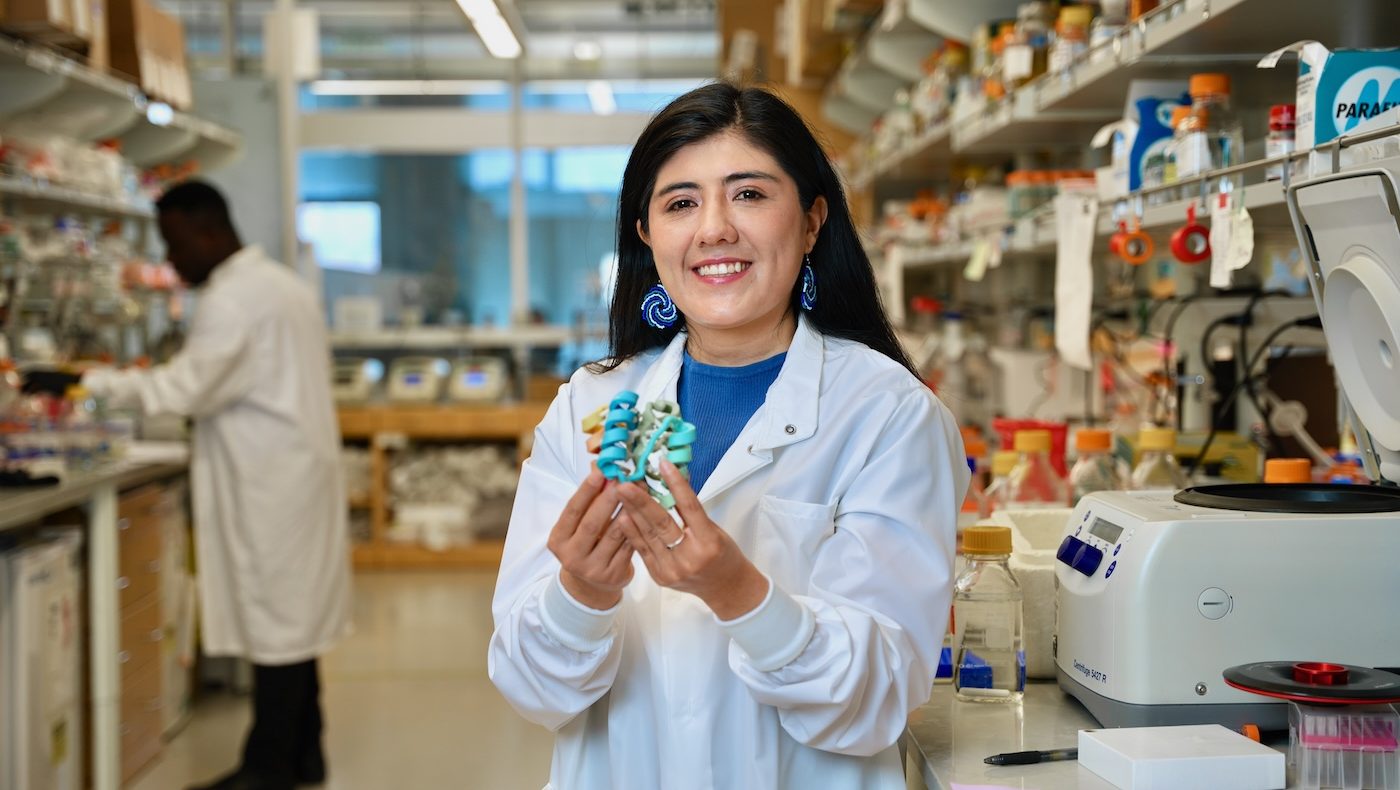The funds will support our technological revolution in protein design and enable the development of a universal flu vaccine.
The $11.3 gift is one of the largest made to date by the San Francisco-based philanthropy in support of science. It is also the first to go to UW Medicine.
The gift comes in two parts:
- $5.6 million to refine and advance Rosetta, our software platform for protein design.
- $5.7 million for our universal flu vaccine design program.
“We’re excited to help move science forward in ways not seen before with proteins, which are essential to life. This grant recognizes that UW Medicine is at the forefront of unlocking the keys to the use of proteins in medical settings,” says Chris Somerville, a Program Officer for Scientific Research at the Open Philanthropy Project. “The universal flu vaccine is a tough nut to crack, but David Baker has shown the ability to pioneer life-changing scientific research. It’s exciting that whether a universal flu vaccine is developed or not, this gift will build techniques and technologies that will advance science and have a huge variety of implications in medicine and industry.”
Proteins are the workhorses of all living creatures, fulfilling the instructions of DNA. Existing proteins are the products of billions of years of evolution and carry out all the important functions in our body—digesting food, building tissue, transporting oxygen through the bloodstream, dividing cells, firing neurons, and powering muscles.
“This gift is speeding up a technological revolution in how we design proteins. Our team can now custom design proteins from scratch, creating entirely novel molecules that can be used for new treatments, new diagnostics and new biomaterials. The Open Philanthropy Project’s generous gift will transform our ability to design proteins from scratch,” said David Baker, the institute’s director as well as professor of biochemistry at the University of Washington School of Medicine and Howard Hughes Medical Institute investigator. Baker is the Henrietta and Aubrey Davis Endowed Professor in Biochemistry.
Computer-based protein design
The gift will accelerate the institute’s efforts to advance protein design on computers with the Rosetta software originally developed in Baker’s lab. Baker said the gift will transform the institute’s ability to design proteins on computers, test them by creating the actual proteins in the lab, and then repeat the process at an enormous scale. “By speeding up this cycle of design, building, and testing, we will be able to systematically improve protein design methods,” Baker said.
The results and new Rosetta software will be shared with the scientific community through the Rosetta Commons. The Rosetta Commons is a collaboration founded by Baker with almost 100 developers from 23 universities and laboratories who regularly contribute to and share the Rosetta source code, currently over 3 million lines.
This project is in collaboration with Frank DiMaio, assistant professor of biochemistry at the University of Washington School of Medicine.
Universal flu vaccine
Current flu vaccines are intended to protect only against currently circulating strains, requiring the vaccines to be reformulated every year as the virus mutates, and are only partially protective. With Open Philanthropy Project support, Baker and his collaborators, Neil King and David Veesler, both assistant professors of biochemistry at the University of Washington School of Medicine, will be leading an effort to design universal flu vaccine candidates that provide durable protection against multiple virus strains, including strains that have the potential to cause pandemic outbreaks. The vaccine candidates will be based on the self-assembling protein nanoparticle technology Baker and King have developed. To ensure that the vaccine candidates are thoroughly and efficiently tested, they will work in close collaboration with the groups of Dr. Barney Graham and Dr. Masaru Kanekiyo at the Vaccine Research Center of the National Institute of Allergy and Infectious Diseases at the National Institutes of Health.
The goal is to design a nanoparticle vaccine that can trigger an effective immune response to many existing flu strains as well as new strains that might appear in the future. Researchers hope such a universal vaccine might need to be administered no more than every five years, ending the need for annual flu vaccinations.
About the Open Philanthropy Project
The Open Philanthropy Project identifies outstanding giving opportunities, makes grants, follows the results, and publishes its findings. Its main funders are Cari Tuna and Dustin Moskovitz, a co-founder of Facebook and Asana.





